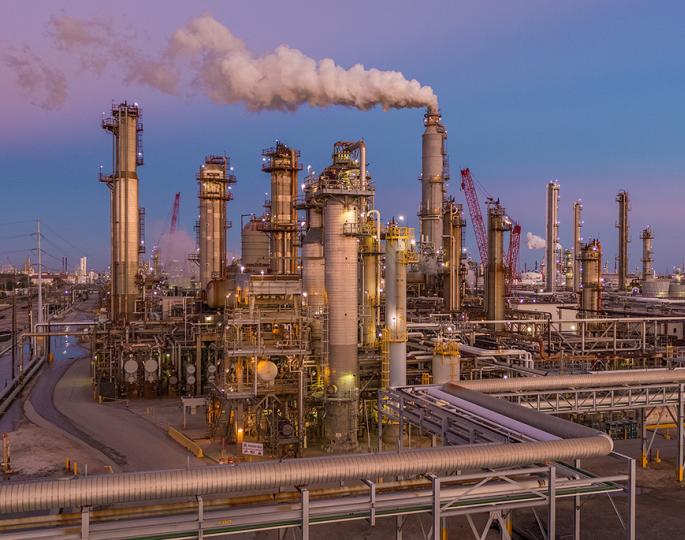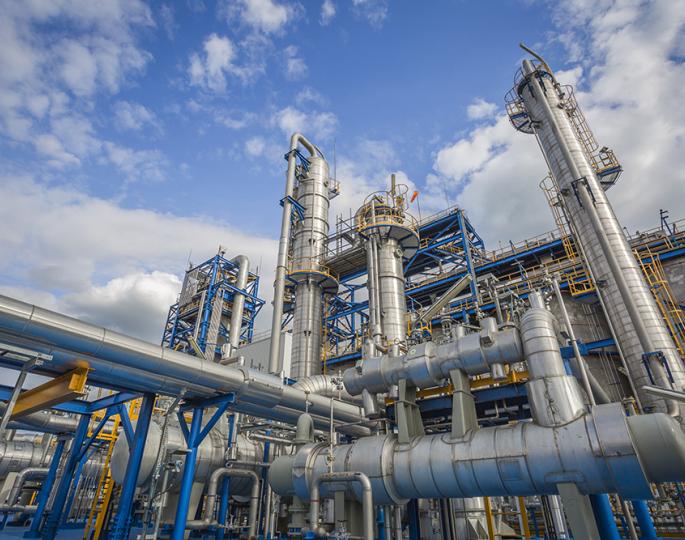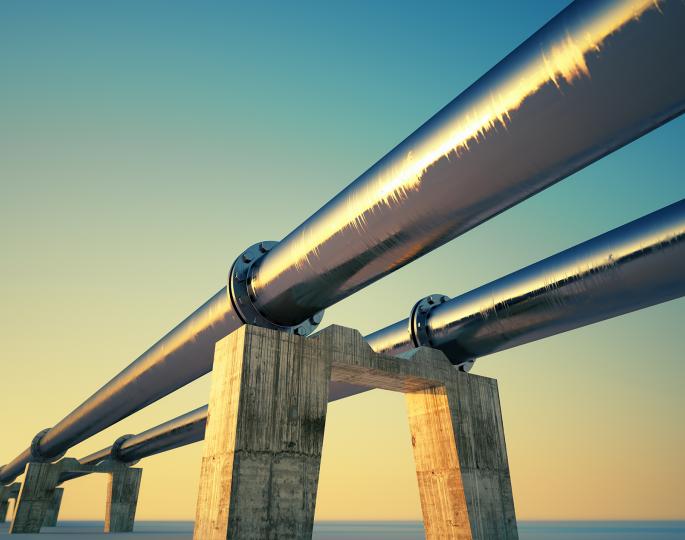
How Refineries Work
How Refineries Work
A refinery processes crude oil into different products such as jet fuel, diesel, gasoline, home heating oil, asphalt and many others. AFPM members own and operate 95 petroleum refineries that can process more than 16 million barrels of crude and other feedstocks per day. AFPM member share of the number of operable refineries is 76 percent and operable capacity is 88 percent.

How a Petrochemical is Produced
How a Petrochemical is Produced
A petrochemical facility transforms crude oil and natural gas into chemicals using sophisticated engineering, heat and high pressure. Six basic petrochemicals and their derivatives are used in everything from plastics to medical devices, to smartphones and even solar panels. AFPM members own and operate more than petrochemical facilities.

How The Fuel and Petrochemical Supply Chains Work
How The Fuel and Petrochemical Supply Chains Work
Bringing the benefits of increased energy production to U.S. consumers requires a “midstream infrastructure” — an integrated system of pipelines, ports and waterways, railroads, roadways and storage facilities.
